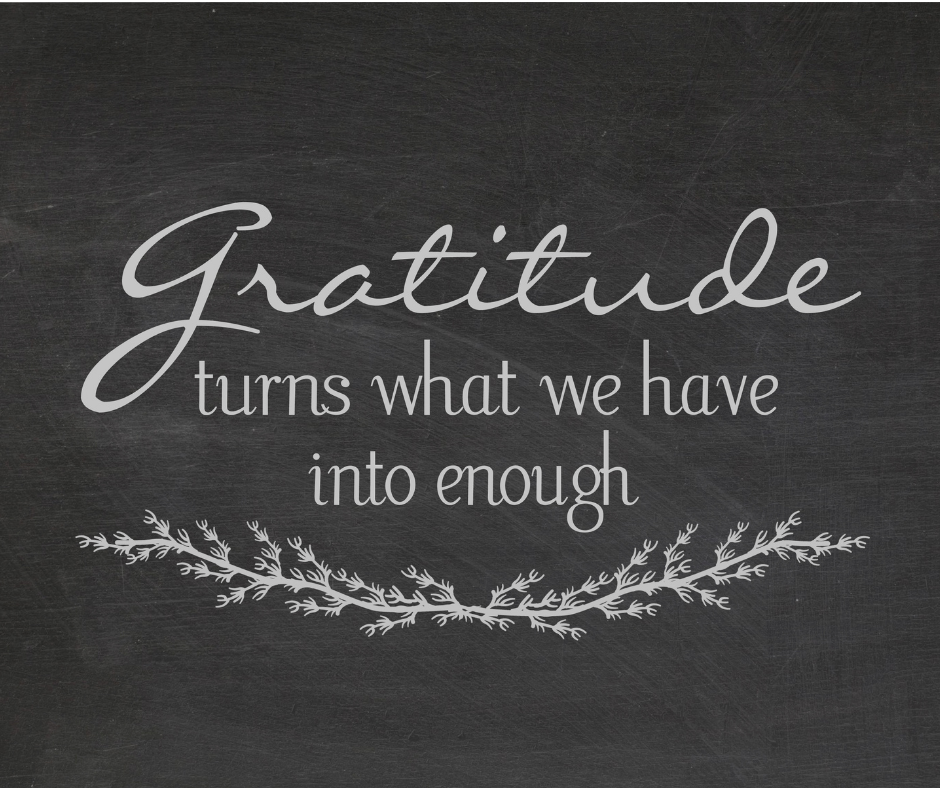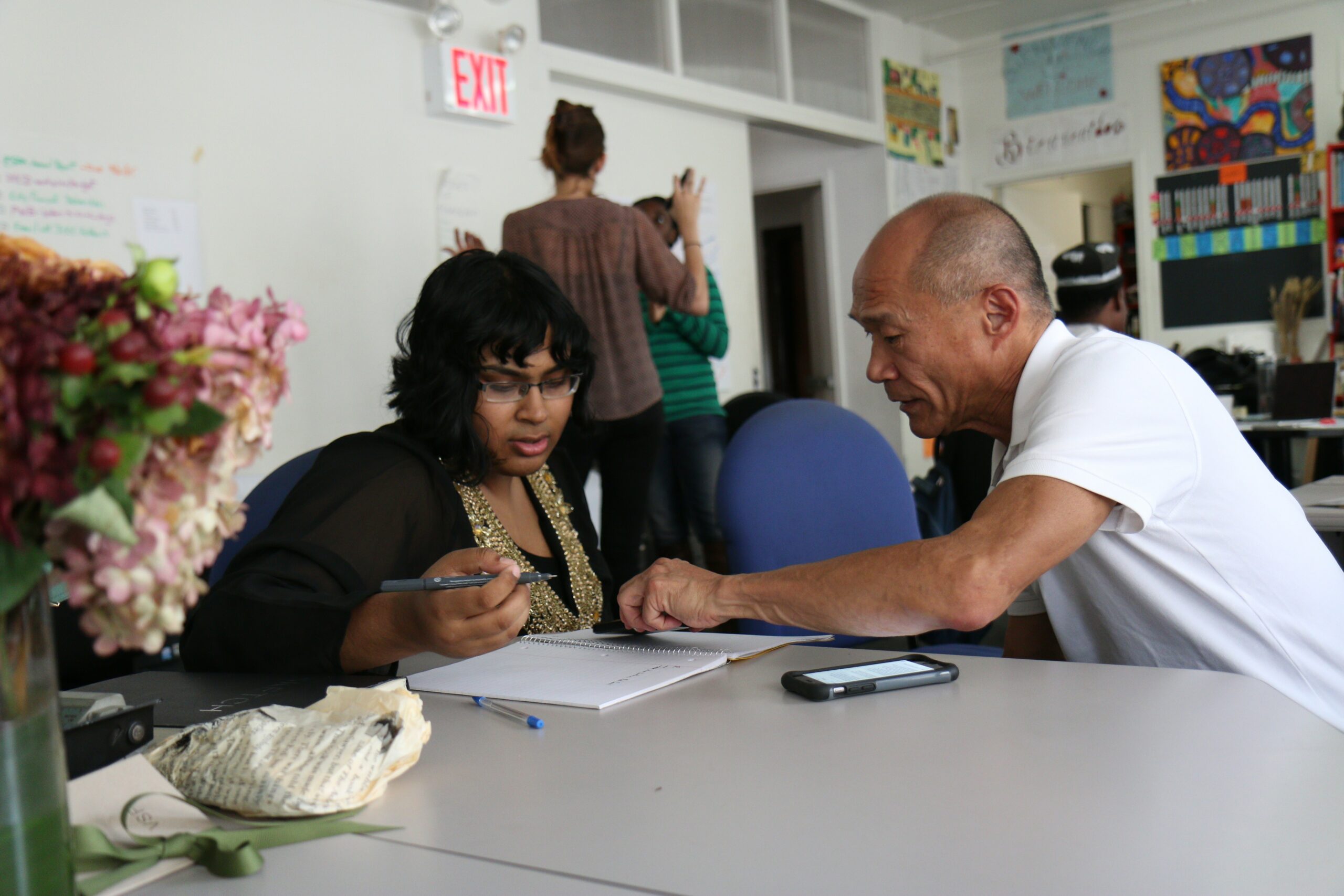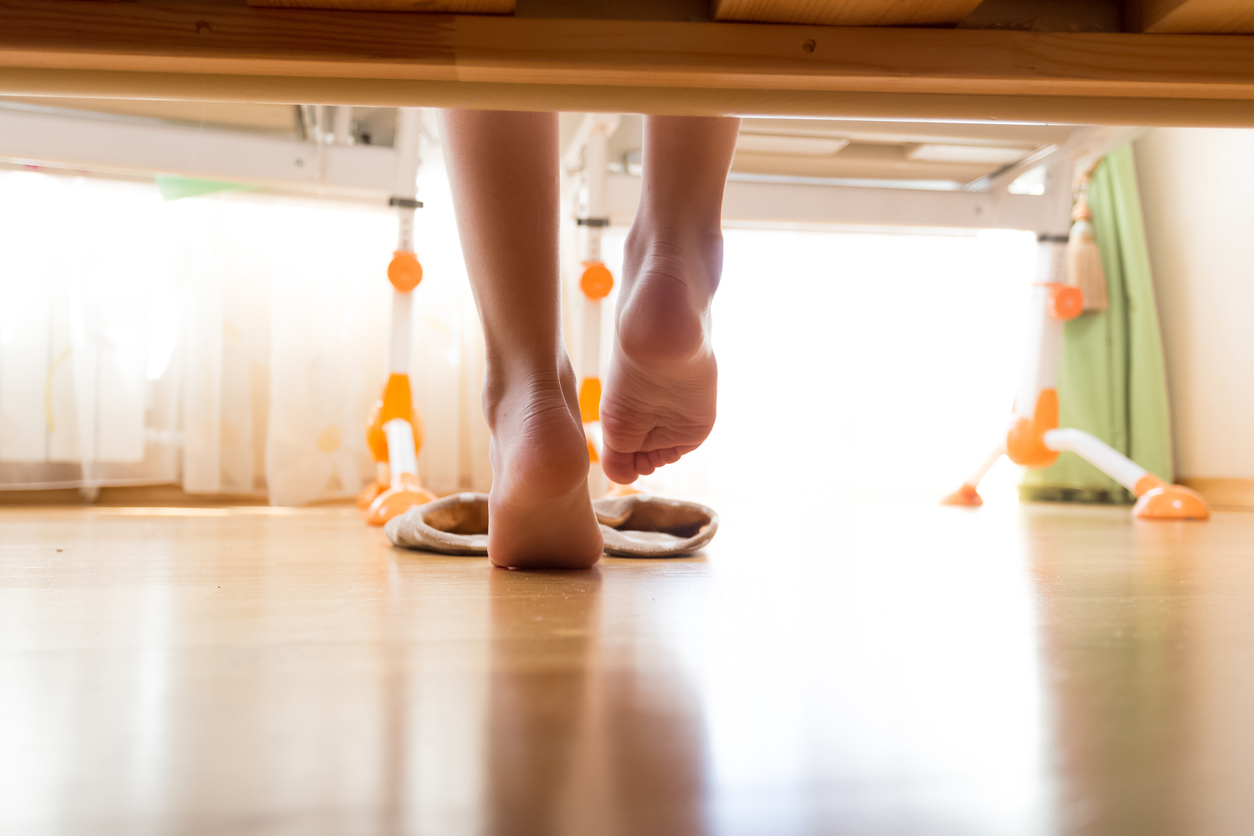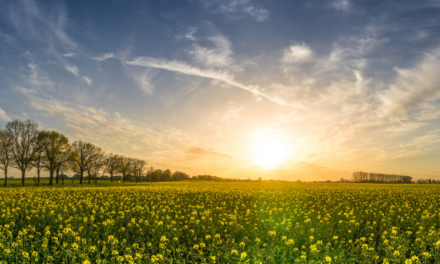As the season of giving thanks approaches, we might wonder after all the uncertainty and restrictions of the Coronavirus, what on earth do we have to be grateful for? Much as we’ve eagerly anticipated going back to normal or even a ‘new normal’, we have yet to experience anything but speculation. We’re even cautioned to not gather more than our immediate families around the table during the holidays. What more, what else can be taken away?
You may already have paused to reflect and to wonder, is there a point to this virus? Is there some meaning or great life lesson to be learned?
One lesson worth noting is the very idea of giving thanks. We’ve all thought a lot about what we don’t have recently or what’s been taken away. Perhaps there is no better time to reevaluate, turn the tables, and reflect on what we have.
We’ve grown accustomed to a very cushy lifestyle – most of us anyway. We can punch in an order for a ready-to-eat meal, buy groceries, select anything under the sun from Amazon and it will appear on our doorstep in a matter of minutes, hours, or at the most a few days. Immediate gratification is the norm. No payment plans, no saving for a rainy day, that day is here and now. Our attics, basements, closets, and garages are full to overflowing yet shopping continues to be a favorite pastime, where we’re enticed to buy even more.
Air travel takes us anywhere and everywhere to both domestic and international destinations. The once-in-a-lifetime cruise of my parent’s generation is a yearly vacation. We stay in immediate touch with friends and relatives, no longer having to make a weekly check-in call to the parents or grandkids. We’re face-to-face live at any given moment. We see – we want – we buy. There is very little true and honest need among most of us anymore.
We’re never bored. The social media gurus and the entertainment industry make sure of that. We have remotes that turn on our lights, televisions, and garage doors. Alexa, Siri, and Google will answer all our questions. No need to get off that couch or open a book. But is all that good for us? Do we take it all for granted, merely wanting more of the same? Or has the coronavirus changed things?
Suddenly, when some of those gratification impulses hit a wall, we don’t like that. We are not accustomed to waiting, being patient, and certainly not striving. I’d like to suggest that a little bit of roughing it, struggling might actually be good for us.
Many of us have discovered the joy of gardening, cooking, discovered a latent talent, or developed a new appreciation of the outdoors or sports. We’ve gotten down and dirtied our hands. We’ve found pleasure and a source of pride for even trying, no matter how minimal, with often surprising results. We’ve made an honest appraisal of all our stuff, deciding that minimalism is now the way. That donating to the less fortunate is better than continually amassing more.
I don’t intend to minimize our struggles. They are very real. Dealing constantly with an uncertain future takes its toll on our emotional and spiritual health. We seek answers, a bright side, and some meaning to it all.
What better time than the winter holidays to buckle down and be grateful! Instead of crying over what should be happening within the next two months, we can focus on what is, and find our joy and contentment. Wise sages and statistics tell us that if we have food on our table, a roof over our heads, and clothes on our back we are far better off than most of the world beyond our shores.
And this starts with gratitude. Taking a good hard look at our lives, our possessions, the very ease with which we go about living. Doing without? Get creative with what you have. Being patient? Patience is a well-known virtue, or so we tell our kids. And struggle. Humans are meant to struggle, not to live lives of ease and comfort. You know the joy derived after an accomplishment that took hard work and a dedicated, no-giving-up attitude that zings endorphins to your self-esteem. We are created to be busy and engaged rather than as lords of the manor to be waited upon for our every desire.
In many faith traditions, ingratitude is even considered a sin! We can appreciate this if we remember how we react when and if we are thanked for any of our acts or words. It’s an interesting phenomenon: when we are grateful we find the universe gives us back far more.
And might even be the lesson behind a pandemic.













